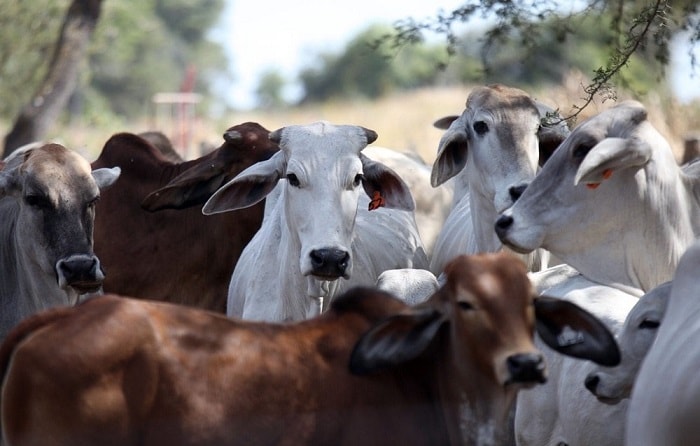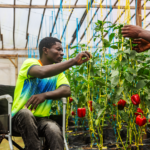As malnutrition persists, experts stress that livestock are engines of health, resilience, and rural prosperity
Africa stands at a crossroads in its fight against hunger and malnutrition. The continent is home to 85% of the world’s livestock keepers, yet its production lags far behind global averages.
As Africa contributes just 2.6% of global milk output, forcing countries to spend nearly $50 billion every year on food imports, which is too much for economies still suffering from poverty and debt.
Meanwhile, demand for Animal-Sourced Foods (ASFs), such as meat, milk, and eggs, continues to climb. Projections show that meat consumption will triple and milk demand will double by 2050 as populations grow and urban diets shift.
ASFs provide essential proteins and micronutrients critical for child growth and maternal health, but access to such foods is difficult. As a result, stunted growth, anaemia, and other malnutrition-linked conditions are widespread, especially in children under five.
At the African Food Systems Forum in Dakar, ministers of livestock and agriculture from 13 African countries pledged to put livestock and ASFs at the heart of the continent’s food systems agenda.
The session, co-hosted by the International Livestock Research Institute (ILRI), the African Union Inter-African Bureau for Animal Resources (AU-IBAR), and GIZ, marked the first-ever ministerial deep dive on livestock.
The ministers highlighted the abundant livestock keepers in Africa but poor productivity. They committed to bold actions, including feed banks to ease seasonal shortages, stronger regional cooperation to break fragmented markets, expanded genetic improvement programmes, youth-led enterprises, and annual livestock ministerial reviews to ensure accountability.
Beyond being a source of food, livestock is essential in rural economies. For millions of farmers, rearing a cow or goat serves as a means to save, pay bills and invest in quality insurance against hardship.
Milk, meat, and eggs carry nutrients that staple crops cannot provide alone. Increasing local production would reduce dependence on imports, thereby improving nutrition and keeping wealth within African economies.
Animal manure—that is, organic waste from livestock—enriches soil, supporting crop yields, while draught power—animal labour for farming—reduces reliance on costly machinery and integrated systems.
This is evident in regions like Mali, where crops and fisheries are interlinked, demonstrating how smart design can multiply benefits across food systems.
Further, the productivity gap is something to consider. Uganda produces 3.4 billion litres of milk annually, while Senegal produces 400 million litres.
This is affected by breeding programmes that introduce high-yield cattle breeds, which can dramatically boost milk supply and incomes. Yet many farmers lack access to improved breeds, veterinary care, or quality feed. Without closing these gaps, Africa risks staying locked in its cycle of low productivity and heavy imports.
Livestock enterprises
With an average of 20% of youths unemployed in Africa, Africa can turn this problem into an opportunity to invest in her citizens. Enterprises can absorb millions into productive work. Tanzania has taken off with this venture, and now youths are running livestock businesses.
Technology is also reshaping the sector. Digital platforms in Tanzania now provide real-time livestock monitoring, tracking animal health and movement with digital tools, giving farmers access to data that can improve management and reduce disease risks.
Also, Somalia’s large-scale vaccination campaigns and mass immunisation of livestock against disease show that scaling veterinary interventions is possible.
The Dakar commitments are necessary. Feed banks can shield herds from drought-induced losses. Regional integration can reduce barriers that leave farmers unable to access wider markets. Annual ministerial reviews will keep pressure on governments to move beyond rhetoric.
Africa cannot achieve sustainable food security while neglecting livestock. Animal products are essential to nutrition, livelihoods, and economic stability.
Summary not available at this time.






